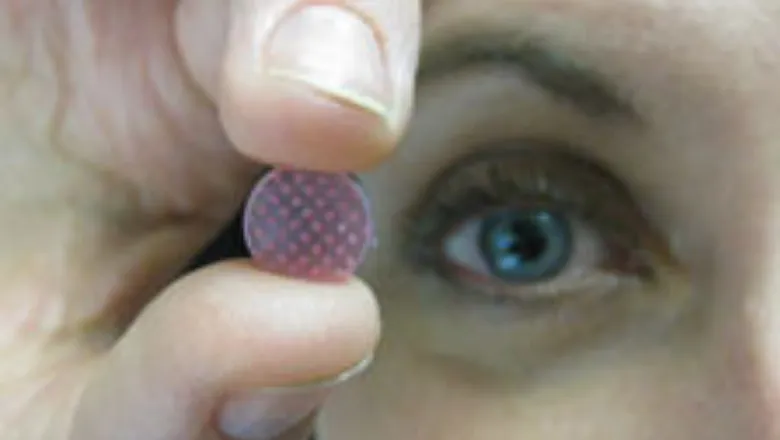27 April 2018
King's Marks World Immunisation Week
King's College London has many areas of world-leading research on vaccine research and development, some are highlighted here to mark World Immunisation Week

The week of 24-30 April is World Immunisation Week, an annual event led by the World Health Organisation (WHO). This week aims to highlight the collective effort needed to ensure every person is protected from diseases that are preventable through vaccines. This year’s dedicated theme is ‘Protected together’ and #VaccinesWork and aims to encourage people at all levels to increase immunisation coverage for the greater good.
Immunisations worldwide
Diseases such as cervical cancer, polio, tetanus and rubella can all be prevented with immunisation although the global coverage of vaccination has stalled at 86% in recent years.
It is estimated that there are 19.5 million infants worldwide who do not have access to vaccinations worldwide. As a result, the Global Vaccine Action Plan (GVAP) was set up to prevent deaths through easier access to vaccines by 2020. The GVAP’s main aims are to strengthen routine immunization, introduce new and improved vaccines, and advance research and development for the next generation of vaccines and technologies.
King’s immunisation research
Several different groups at King’s College London work on areas of vaccine or immunisation research and development.
Dr Linda Klavinskis and her group from the Department of Infectious Diseases in the School of Immunology & Microbial Sciences have developed a novel vaccination method. Their method uses ‘dissolvable microneedles’ that avoids the use of hypodermic needles – which can be painful. This technology has the potential to increase vaccine coverage and offers a potential solution to the challenges of delivering live vaccines in resource-limited counties without the need for refrigeration.
This technique could address vaccination challenges for diseases such as HIV and malaria. Their work is funded by the Bill & Melinda Gates Foundation and could have further reaching benefits outside of infectious disease prevention, such as conditions like diabetes for example.
Dr Katie Doores, also from the Department of Infectious Disease in the School of Immunology & Microbial Sciences works on the area of HIV vaccine development with her group. Although HIV infection can be effectively treated using anti-retroviral therapies there is still a significant need to develop an HIV vaccine to reduce the number of new infections each year.
The Doores lab is part of the European AIDS Vaccine Initiative (EAVI2020), an EU funded consortium, working towards HIV vaccine development. Dr Doores lab designs vaccines that will produce antibodies that will bind to the sugar structures coating the HIV virus.
There are many other groups who contribute to a portfolio of research into immunisation and disease prevention. Read more about the work carried out in the area of immunobiology and infectious disease and keep up to date with all news from the Faculty of Life Science and Medicine here.
